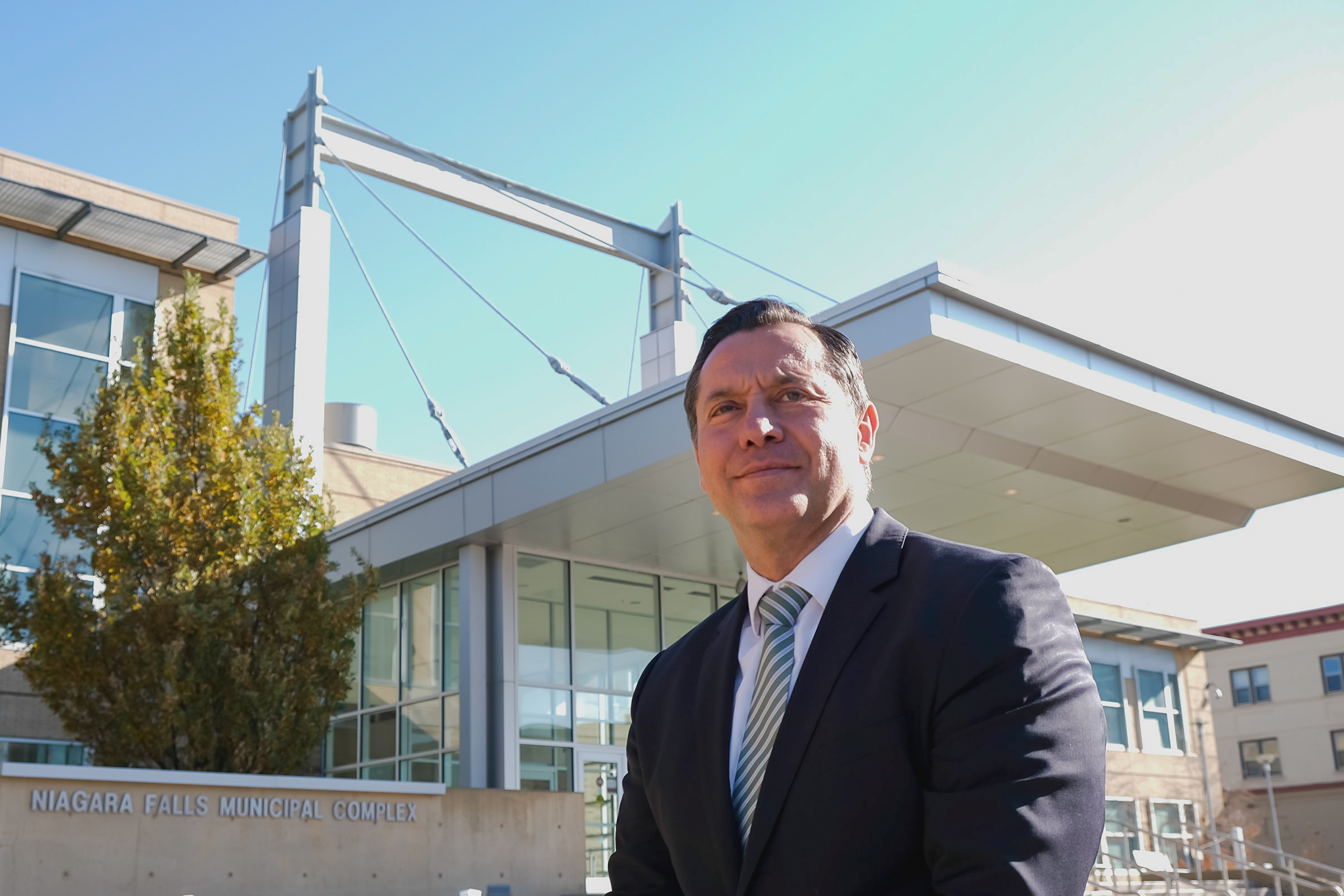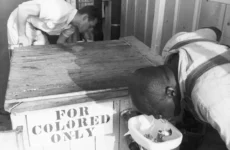Click the link below to subscribe to SPECIAL REPORTS from the Niagara Reporter
http://eepurl.com/dnsYM9

By: Dominic Saraceno
Candidate for Niagara Falls City Court Judge
Housing court has historically been an area of frustration to many city residents. Time and time again I hear people voice their concerns about all the run-down houses within the city and the fact that courts do not seem to have a solution. As a practicing attorney for over twenty years, I have witnessed this firsthand. Cases seem to get adjourned over and over again in an attempt to get the homeowners to make necessary repairs. The problem stems from the fact that many of these homeowners simply do not have the financial means to do the work needed. This problem can be remedied if housing court would borrow a few basic practices that are already utilized in other treatment courts.
For example, in drug treatment court we often hear the excuse that an addict cannot get treatment because they do not have health insurance. The drug court addresses this issue by having a resource coordinator present in the court room to assist the individual with the health care enrollment process. These resource coordinators are experts in their field, and they can usually find low cost or free healthcare for those in need.
As mentioned above, the problem in housing court is that homeowners cannot seem to find the resources needed to fix their homes. Most people are not aware of the fact that there are dozens of state and federal agencies that exist for this specific purpose.
Habitat for Humanity’s Home Repair Program has resources available to help low-income families whose homes have fallen into disrepair. The program is volunteer based and therefore does not cost the taxpayers money.
Volunteers of America (VOA) has tens of thousands of volunteers nationwide that assist with home repairs for low-income families and immigrants.
Another charitable organization called Rebuilding Together offers a nationwide network of partners that assist with home repair for needy families. This organization alone includes over 200,000 volunteers across the country.
The Agency on Aging is another non-profit organization that provides assistance to seniors, retirees and people with disabilities. These services include home repairs at no cost to qualified homeowners.
There are also agencies that assist veterans with home repairs. Veterans that need help fixing their houses can benefit from a program called Operation Homefront. Operation Homefront gathers volunteers and gets donations from the business community to help veterans who cannot afford to make needed home repairs.
An agency called Disability Home Care Assistance offers help to people who are mentally or physically disabled. Locally we have Niagara Community Action Program (NiCap), which offers home repair grants as well as home ownership and maintenance counseling.
Most people are not able to do the research on their own to find these agencies and are therefore unable to tap into the resources that are readily available. This is where a collaborative approach (borrowed from other treatment courts) can help make housing court more result oriented. Including a resource coordinator as part of the Housing Court team, for example, could facilitate linking homeowners to agencies that are able to assist with their home repairs. I am confident that repairing homes in our city would provide a much welcome form of therapy to our community.




















